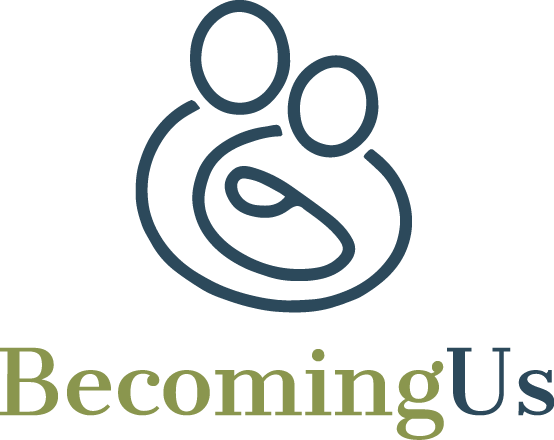Dad’s depression affects the whole family.
You get home late from work, go straight to the computer (or garage, television or mancave), are irritable and moody most of the time and when your partner asks “what’s wrong?” you say “I don’t want to talk about it”. If this sounds like you, you could be dealing with dad’s Postnatal Depression. Yes, it’s a thing.
In fact, around 10% of new dads suffer from Paternal Postpartum/Postnatal Depression (PPD), but it’s still under the radar. One reason it’s hidden is that symptoms, like being agitated, withdrawn, increased drinking, recklessness or even feelings of jealousy towards the baby, can easily be misinterpreted or dismissed.
Seeing a dad like this, mothers and others can make the mistake of thinking a man “has changed” since becoming a father. And maybe he has - but not in a way he would choose to, realise why or necessarily have control over. Because what often remains unseen beneath these confronting behaviours are vulnerable feelings of being inadequate, left out or irrelevant. A “third wheel” is how many men describe it. Like he’s “lost” his wife or partner to the baby is another thing men say..
There’s unspoken grief in all of this.
Fifty percent of dads are more likely to get PPD if the mother suffers from Postnatal Depression too. Other factors which can lead to an increased risk of PPD in men include:
Unemployment
Not having friends or family to confide in
Being a first-time dad or step-dad
High stress levels
Problems with the parental relationship - especially if there’s a lot of arguing
Feeling the weight of the family’s financial burden
Being unsure of how to juggle the increased responsibilities at home (and maybe at work too if looking for a pay rise)
At some level, many dads are aware that life’s tougher for the new mother, and can feel ashamed about that too. All these factors lead to having a greater need, but less opportunity, for fathers to go out and blow off some steam or have a good chat with mates.
It gets worse, but take a deep breath and bear with me.
If it goes unaddressed, a dad’s depression can have long-term effects on their partner and the baby too. Research shows dads with PPD are less able to support their partner and the risk for relationship breakdown is higher. Dads who are depressed are also less likely to be engaged with their child in things like reading, playing, singing songs or telling stories - all important for their child’s vocabulary. Sadly, children of depressed fathers have a higher chance of growing up with longer term behavioural or emotional problems.
For all these reasons, we need to start paying attention to the mental and emotional health of both parents.
The good news (phew!), is once it’s recognised, depression can be managed, men can recover and relationships can be healed.
Often things can be better than before, for both parents and the family.
So, if the above sounds like you or a man in your life, there are many avenues for support:
Talk to a doctor or psychologist.
Google information on diagnosis and treatment options. There’s lots you can do to take care of yourself and each other too.
Exercise is great for both anxiety and depression, eating well will give you more energy.
Do something enjoyable on a regular basis
Spend time with supportive friends.
Check in with your partner. Regular, honest talks about how you’re both going keeps the lines of communication clear and you connected as a couple – which is one of the best ways to recover.
Another great way for a dad to bust the blues is to spend time with their baby. Research tells us that dads who have lots of wiggle room to find their own ways of caring for their baby can develop a stronger bond with them, have higher self-esteem, are happier in their relationship - and are less likely to be depressed. This has the added benefit of giving mum a much needed and well deserved break and bub will love that extra attention too. Great stuff for the whole family!
For more information on Postpartum Depression in fathers, check out Daddy Blues by Mark Williams. To recover from Perinatal Mental Health Issues, repair your relationship and return to the loving couple you once were, see Becoming Us by Elly Taylor.

